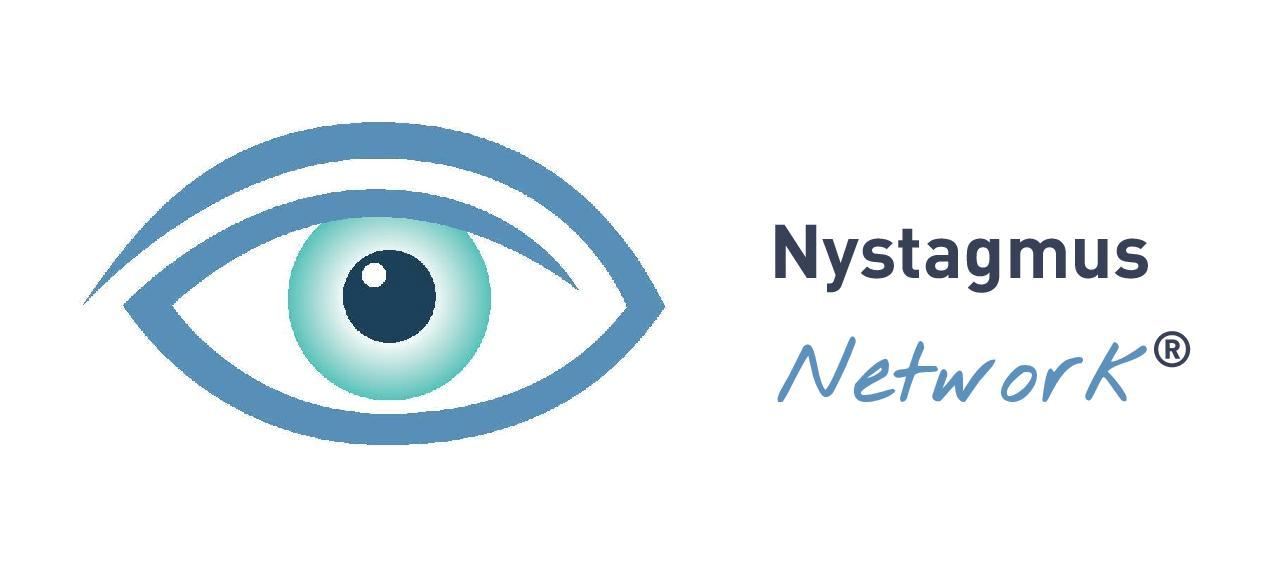We asked a group of Nystagmus Network supporters what questions they would most like to put to nystagmus researchers. Then we found researchers to answer them.
Your questions were answered by Jay Self (JS), a Consultant Paediatric Ophthalmologist at University of Southampton and nystagmus researcher and Helena Lee (HL), a Consultant Ophthalmologist at University of Southampton and a nystagmus researcher.
Question 9: How can we best improve the quality of life for those with nystagmus?
(HL) Empowering patients and their families, making sure they have the information they need to understand their condition and that needs to be passed on to their schools or their employers on how best to optimise their circumstances. These are all little things that don’t require a pill or a prescription, but make a big difference. If, say, a child is put into the right place in front of the whiteboard for their null point or given extra time or things are blown up or they’re given an i-Pad. All these little things make a big difference before we prescribe anything or do anything else.
Then there are little things like optimising your glasses, making sure they’re the best they can be, with tints if you need them or checking your vision in the dark if you have a retinal dystrophy, or checking whether bright light makes a difference. It’s actually about understanding all those little things. Then you can get on to other things like contact lenses, surgery for null point if necessary, trying treatments such as the ones we try for acquired nystagmus and for congenital nystagmus. Sometimes there’s prism treatment. There’s quite a lot of stuff that can be done in your local clinic that doesn’t require anything very special, but just requires understanding of the condition.
(JS) I would agree. A lot of it boils down to information sharing support and also doing all the normal stuff in a timely way. I totally agree with the glasses correction. It’s easy to put that to one side when people are stressed about getting the genes tested. You’ve got to do all the normal things we do in a timely way and in a bespoke, sensible way.
A final thing is a massive thing that the Nystagmus Network can do, which they have been doing for the last few years, which is really celebrating good news stories, which I don’t think was a massive focus a few years ago. If you speak to David Katz or Richard Osman they almost say that ‘nystagmus made me,’ ‘it’s made me do the things I’m doing and it’s actually given me super powers.’ You cannot push that message too much, especially when you’ve got new mums with little babies and they think it’s the end of the world.
The Nystagmus Network is enormously grateful to Jay and Helena who gave up their time on a sunny Saturday afternoon to answer questions from the nystagmus community so openly and fully.




